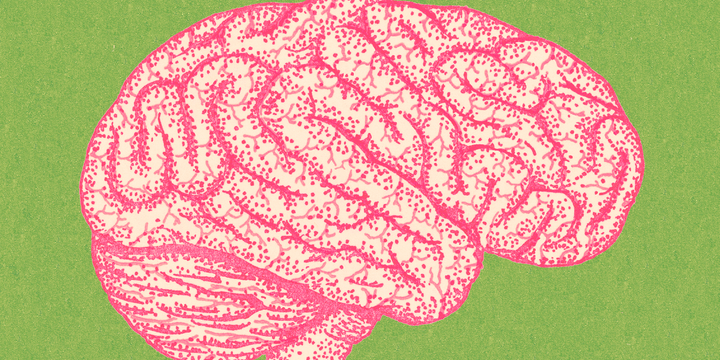I’m a Neurologist, and Here’s the No. 1 Thing I See People Do That’s Bad for Their Brain

Kim Johnson Hatchett, MD, is board-certified neurologist in Kansas City, Missouri, and recently posted on TikTok about the scariest thing she sees in her patients, who range in age from their 30s on up to 100. Here’s her story, as told to health writer Maressa Brown.
As a neurologist, there’s one thing that concerns me the most: The gradual weakening of America. No, I’m not talking about some existential crisis. What I am referring to is muscle weakness, which is more tightly linked to brain health than most people realize. So many of my patients are frustrated by their lack of mobility. I ask them about their activity level, and they often admit they aren’t really exercising at all. They truly don’t make the connection that their weakness is due to their lack of muscle movement, and they definitely are unaware of the impact that it might be having on their brain.
It’s not just my patients who are struggling to make exercise a priority. For many people, it’s all too easy to sit down on the couch to binge-watch an entire Netflix series instead of, say, watching it on a treadmill. People in their 30s and 40s are forgoing workouts because they’re hustling in their career, working side jobs, or running around with their kids, and they are just not taking care of themselves. They are not eating right, exercising, or, importantly, weight training. They’re not putting that investment into their strength and, ultimately, their mind. Every time you exercise, you secrete nerve growth factor (NGF), a peptide involved in regulating neurons in the brain. It can also support myelin, the neuroprotective sheath that helps nerve fibers shuttle electrical impulses quickly and efficiently and can degenerate with age.
If you’re doing cardio, you also increase blood flow to the brain, which improves cognition. You might be surprised to know that even a little bit of daily movement reduces your dementia risk. At the same time, if you play sports or do fitness moves that you’ve never done before and you’re learning a new skill, you’re actually creating connections in your brain. And doing that same activity over and over again strengthens those connections.
You want to have healthy teeth as you age, so you brush your teeth. Similarly, if you want to maintain your mobility and cognitive abilities, one investment you can make is exercising and using your muscles on a daily basis. That pop of NGF will just help your brain function better.
After about age 50, muscle mass decreases at a rate of 1-2% over the course of each year, and then, after 60, it’s 3% per year. And that expression, “If you don’t use it, you lose it” is definitely true. While you might think it’s just an older person who steps off a curb and breaks their hip or who has trouble going up and down stairs, you can feel the effects of failing to exercise even sooner than that. If you are weak, you may struggle just bringing your groceries in, doing yard work, or enjoying your vacation—walking around Disney with your family can be a challenge. I had one patient say it made them tired just to get their arms up to wash their hair.



